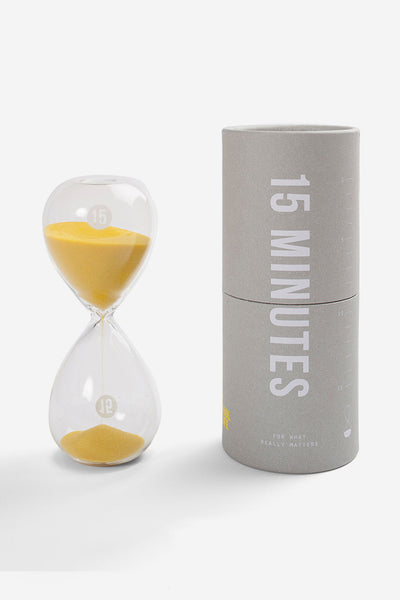When and why do the clocks change and how can I make sure my sleep isn’t affected?
On the 31st October 2021, at 2AM, the clocks go back by 1 hour.
Why do the clock go back?
It marks the end of British Summer Time (sometimes known as Daylight Saving Time) where we put the clocks forward for 1 hour to ensure we can get more daytime in those summer evenings.
Originally suggested by Benjamin Franklin, the idea never gained much traction until it was campaigned for by a british builder named William Willett (who happens to be the great-great-grandfather of none other than Chris Martin, lead singer of Coldplay *mind blown*). It is believed the campaign was motivated by his desire to be able to play more golf in the summer evenings!
Typically, we often forget about the clocks changing and we also tend to experience some disruption with our sleep.
The sleep experts at echor.co have given us some quick tips on how to optimise your sleep with the clocks changing.
Your body typically knows what time it should wake and sleep based on your usual daily rhythms. The circadian rhythm, what we often refer to as the ‘body clock’, manages the timing of this and you also build up a sleep-drive throughout the day which when heightened, tells your body to go to sleep.
The problem with clocks going back is that you’ll be ready to go to sleep the following night sooner than your body has been used to and more sleep can be problematic because we’re confusing our circadian rhythm and sleep drive.
The best way to set back into a normal routine is to follow the usual principles of sleep hygiene to optimise sleep. Here are a few of those tips:
Don’t change your morning alarm clock.
Yes, this means we get a lie in on 31st October! Moving forward, your circadian rhythm will keep it’s ‘anchor’ which it will use to know when your body typically wants to be awake/asleep.
Move!
Sleep is a complicated process of restoration, if you don’t give it something to restore from, it is likely to suffer. So, get your blood flowing regularly, exercise every day and your sleep and mental health will thank you for it.
Use Sunlight.
More powerful than a cup of coffee, getting some sunlight is exactly how your body knows it’s time to be awake.
Don’t wake up slowly in a dark room. Open the curtains, turn on the lights or go for a walk in the daylight. Do the opposite in the evening, light becomes sleep’s worst enemy close to bedtime.
Prepare the body for sleep.
When the body knows it’s time to sleep, it starts a physiological process of ‘winding down’. Your blood pressure and heart rate will lower, and your stress response system will start to slow down. Some of the ways we can support this include relaxation, pre-sleep aromatherapy, avoiding light, & journaling.
Conversely, we shouldn’t do anything which opposes those physiological processes before bed, for example, thinking about stressful matters, looking at device screens for up to an hour before sleep, high intensity exercise etc.












